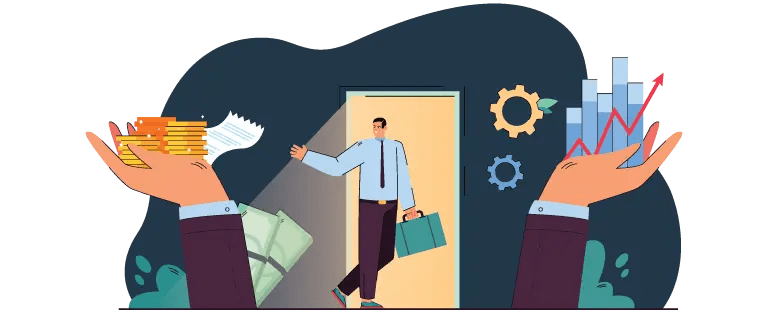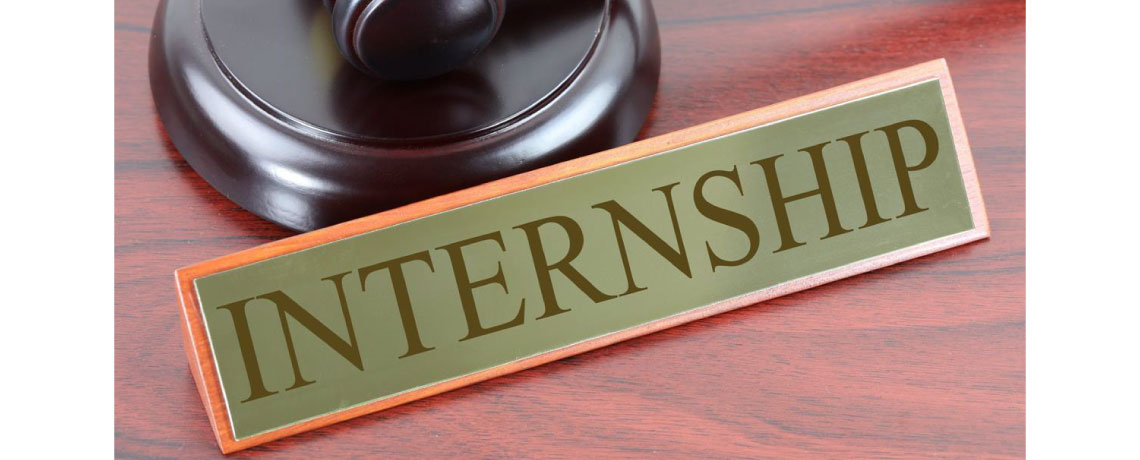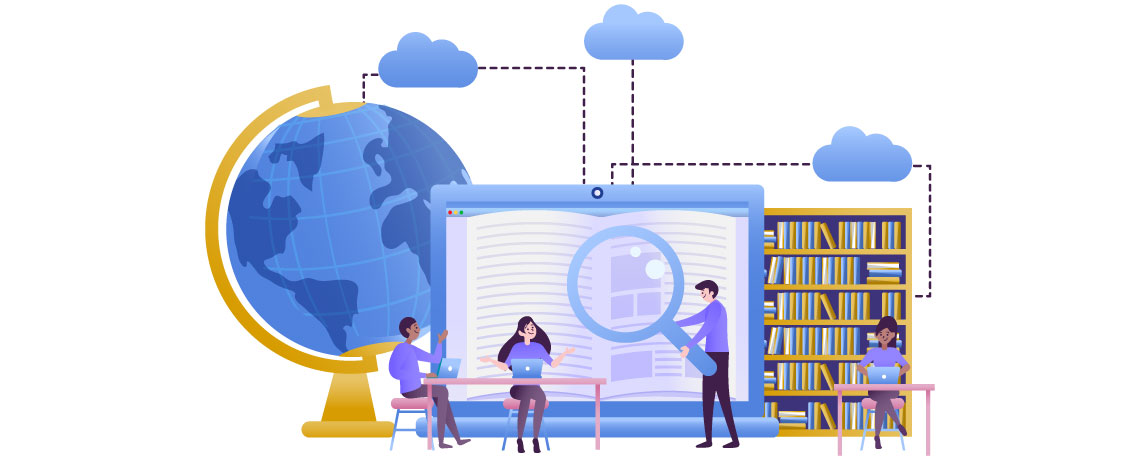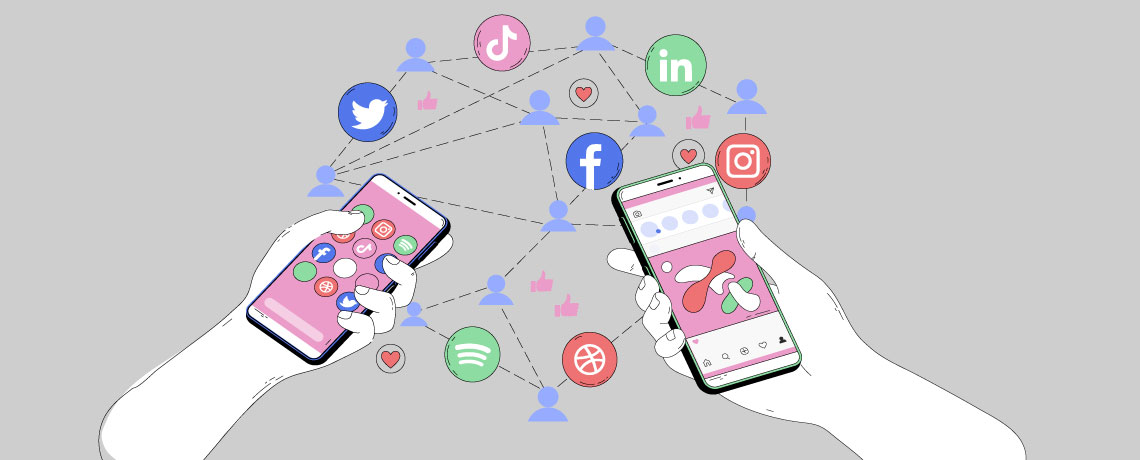Understanding Media Ethics: Why It Matters Now More Than Ever

In today’s fast-paced world, media is everywhere—on our phones, televisions, laptops, and even our watches. Whether it’s a breaking news alert, a trending hashtag, or a podcast episode, the media shapes the way we see the world and each other. With this powerful influence comes a serious responsibility, and that’s where media ethics steps in.
What is Media Ethics?
Media ethics refers to the principles and standards that guide journalists, content creators, broadcasters, and other media professionals in their work. It covers areas like truthfulness, fairness, accuracy, respect for privacy, accountability, and avoiding harm. In simple terms, media ethics is about doing the right thing when creating and sharing information.
Think of it as a moral compass for those who create content that reaches the public. Just as doctors follow a code of ethics to “do no harm,” media professionals are expected to act with integrity and responsibility because what they publish can have real-world consequences.
Why is Media Ethics Important?
The media is often called the “fourth estate” because of its power to influence public opinion and hold those in power accountable. This makes ethical behavior essential. Here’s why:
- Public Trust: People rely on the media for accurate information to make decisions—about voting, public health, social issues, and more. If the media is dishonest or biased, trust is lost, and misinformation spreads. Ethical journalism builds and maintains public trust.
- Preventing Harm: Irresponsible media coverage can lead to real harm. For example, publishing unverified rumors during a crisis can cause panic or damage to their reputation. Ethical standards help avoid these outcomes.
- Respect for Rights: Ethical media practices protect individuals’ rights, such as their right to privacy or to be presumed innocent until proven guilty. Sensational stories might grab attention, but they can also cross the line into exploitation.
- Democracy and Accountability: In democratic societies, a free press plays a vital role in checking power and promoting transparency. But freedom without ethics can lead to abuse. Ethics ensure that freedom of the press doesn’t become freedom to harm or mislead.
Why Media Ethics is More Relevant Now Than Ever
Today, media ethics isn’t just for journalists or traditional newsrooms. Anyone with a smartphone can be a “citizen journalist” or content creator. With platforms like X (formerly Twitter), YouTube, and Instagram, the power to inform or misinform is in nearly everyone’s hands. This shift makes ethical media behavior more important—and more complicated—than ever.
Here are some key reasons media ethics matters so much today:
- The Rise of Misinformation and “Fake News”
We’re living in an age of information overload. While this has made knowledge more accessible, it’s also opened the floodgates to misinformation. During the COVID-19 pandemic, for instance, false claims about vaccines, masks, and treatments spread rapidly across social media, sometimes faster than the truth. Ethical media practice demands fact-checking and responsible reporting, especially in life-or-death situations. - AI and Deepfakes
With advancements in artificial intelligence, creating realistic but fake audio and video content—known as deepfakes—is easier than ever. These can be used to manipulate public opinion, smear individuals, or spread disinformation. Ethics in media must now evolve to tackle these new threats and ensure authenticity. - Cancel Culture and Online Shaming
Media, especially social media, can become a tool for public shaming. Sometimes this is used to hold people accountable, but other times it spirals into harassment or punishment without due process. Ethical guidelines help media practitioners—and everyday users—navigate the line between necessary critique and online mob behavior. - Coverage of Sensitive Issues
From war and terrorism to gender identity and mental health, media plays a huge role in shaping public understanding of sensitive topics. Ethical media reporting can humanize victims, give voice to the unheard, and educate the public. Unethical coverage can reinforce stereotypes, create panic, or worsen trauma. - Diversity and Representation
Ethical media must also consider who is being represented and how. Are stories being told from a single perspective? Are certain voices being excluded? Ethical storytelling demands diversity, inclusiveness, and fair representation.
Real-World Examples
- George Floyd’s death (2020): The viral video of a police officer kneeling on Floyd’s neck was shared widely, sparking global protests against racial injustice. While the footage was graphic, its ethical publication helped expose systemic issues. However, many media outlets also had to consider how to share such content respectfully.
- Migrant Crisis Coverage: Photos of drowned refugee children, like Alan Kurdi, were shared by media around the world. Some argued these images were necessary to show the human cost of the crisis, while others said they were exploitative. Ethical questions about dignity, consent, and purpose were central to the debate.
What Can You Do?
- Verify before sharing: Check if something is true before reposting it.
- Be respectful: Don’t share content that invades someone’s privacy or spreads hate.
- Think critically: Question what you see and read—who made it, and why?
- Support ethical journalism: Follow and fund trustworthy news sources.
Journalists today are more than storytellers—they carry the responsibility of safeguarding truth. To do this well, they must be grounded in both ethical principles and legal frameworks. A course like Media Ethics and Law in a BA in Journalism and Mass Communication helps students tackle real-world dilemmas, from balancing free expression with hate speech to weighing public interest against individual rights.
Final Thoughts
Media ethics is not just a set of rules—it’s a mindset. It’s about being aware of the impact your words, images, and choices can have on others. In an age where “going viral” can happen to anyone, understanding media ethics is no longer optional. It’s essential.
By engaging with media critically and ethically, we can all contribute to a more informed, respectful, and just society.


























































































































































































































![Arm_Yourself_with_Deep_Business_Knowledge_&_Insights_with_PhD_Program_in_Business_Administration_at_Mahindra_University[1] Arm_Yourself_with_Deep_Business_Knowledge_&_Insights_with_PhD_Program_in_Business_Administration_at_Mahindra_University[1]](https://i0.wp.com/www.mahindrauniversity.edu.in/wp-content/uploads/2023/04/Arm_Yourself_with_Deep_Business_Knowledge__Insights_with_PhD_Program_in_Business_Administration_at_Mahindra_University1.jpg?resize=1140%2C460&ssl=1)
![Emerge_as_a_Forward_thinking_Mechanical_Engineer_with_B_1140x460[1] Emerge_as_a_Forward_thinking_Mechanical_Engineer_with_B_1140x460[1]](https://i0.wp.com/www.mahindrauniversity.edu.in/wp-content/uploads/2023/04/Emerge_as_a_Forward_thinking_Mechanical_Engineer_with_B_1140x4601.jpg?resize=1140%2C460&ssl=1)
![B.Tech_in_Computer_Science_Engineering_(BTech_CSE)_Your_Gateway_to_Become_a_Computer_Genius_1140x460[1] B.Tech_in_Computer_Science_Engineering_(BTech_CSE)_Your_Gateway_to_Become_a_Computer_Genius_1140x460[1]](https://i0.wp.com/www.mahindrauniversity.edu.in/wp-content/uploads/2023/04/B.Tech_in_Computer_Science_Engineering_BTech_CSE_Your_Gateway_to_Become_a_Computer_Genius_1140x4601.jpg?resize=1140%2C460&ssl=1)
![Digital_Marketing_is_Booming_Globally_1140x460[1] Digital_Marketing_is_Booming_Globally_1140x460[1]](https://i0.wp.com/www.mahindrauniversity.edu.in/wp-content/uploads/2023/04/Digital_Marketing_is_Booming_Globally_1140x4601.jpg?resize=1140%2C460&ssl=1)
![MU_Electrical20Computer20Engineering_1140x460[1] MU_Electrical20Computer20Engineering_1140x460[1]](https://i0.wp.com/www.mahindrauniversity.edu.in/wp-content/uploads/2023/04/MU_Electrical20Computer20Engineering_1140x4601.jpg?resize=1140%2C460&ssl=1)
![BA_LLB_Hons_Course_at_Mahindra_University[1] BA_LLB_Hons_Course_at_Mahindra_University[1]](https://i0.wp.com/www.mahindrauniversity.edu.in/wp-content/uploads/2023/04/BA_LLB_Hons_Course_at_Mahindra_University1.webp?resize=1140%2C460&ssl=1)
![Management_&_Business_Administration_is_Tremendously_High[1] Management_&_Business_Administration_is_Tremendously_High[1]](https://i0.wp.com/www.mahindrauniversity.edu.in/wp-content/uploads/2023/04/Management__Business_Administration_is_Tremendously_High1.jpg?resize=1140%2C460&ssl=1)

![whyistraining&placementcellimportant[1] whyistraining&placementcellimportant[1]](https://i0.wp.com/www.mahindrauniversity.edu.in/wp-content/uploads/2023/04/why20is20training2020placement20cell20important1.png?resize=1140%2C460&ssl=1)
![TheDifferencesbetweenRights&Duties[1] TheDifferencesbetweenRights&Duties[1]](https://i0.wp.com/www.mahindrauniversity.edu.in/wp-content/uploads/2023/04/The20Differences20between20Rights2020Duties1.png?resize=1140%2C460&ssl=1)
![sleep_deprivation[1] sleep_deprivation[1]](https://i0.wp.com/www.mahindrauniversity.edu.in/wp-content/uploads/2023/04/sleep_deprivation1.jpg?resize=1140%2C460&ssl=1)
![SelfLoveBlogImage2[1] SelfLoveBlogImage2[1]](https://i0.wp.com/www.mahindrauniversity.edu.in/wp-content/uploads/2023/04/Self20Love20Blog20Image2021.png?resize=1140%2C460&ssl=1)


























































































































